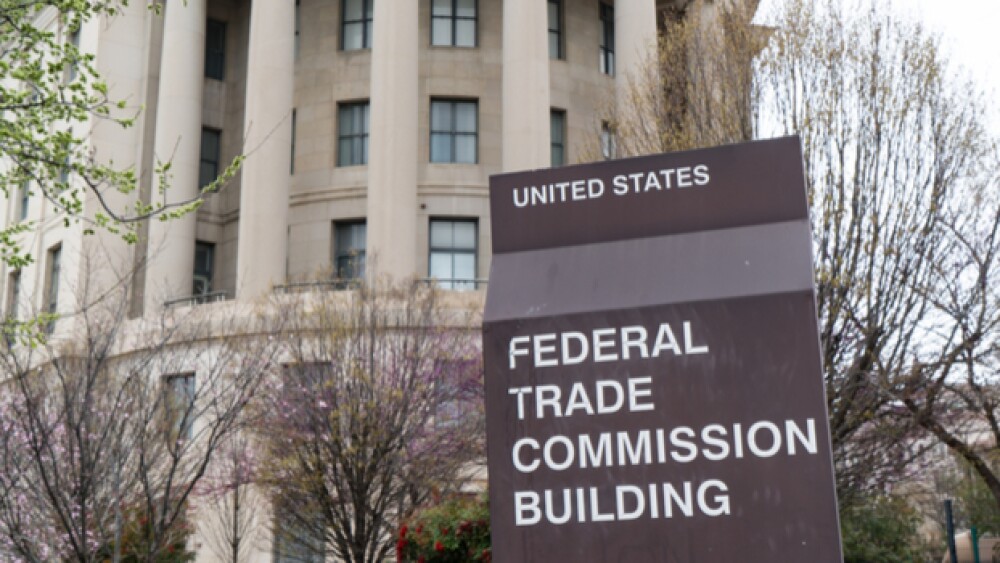The vote came just over one week after the FTC announced it would probe claims regarding the role the middlemen play in determining retail prices of prescription drugs.
Courtesy of Paul Brady Photography/Shutterstock
The U.S. Federal Trade Commission unanimously agreed to keep a closer eye on the role pharmacy benefits managers (PBMs) play in pricing prescription drugs. The vote came a little over one week after the FTC announced it would probe claims regarding the role the middlemen play in determining retail prices of prescription drugs.
When beginning its probe earlier this month, the FTC acknowledged the impact that PBMs have on the pricing structure of prescription drugs, including what medications can be covered by insurance programs. The examination comes at a time when prescription drug prices continue to soar.
A report published in JAMA showed that the median price of a new drug launched last year was $180,000. That study, conducted by researchers at Brigham and Women’s Hospital, shows that unadjusted mean launch prices for new medicines have spiked 20% per year since 2008.
“These rebate and fee agreements may incentivize PBMs and other intermediaries to steer patients to higher-cost drugs over less expensive alternatives. This practice could lead to increased costs for both patients and payers, including increased out-of-pocket costs at the point of sale,” the FTC said Thursday in a new policy announcement. “It may also insulate more expensive drugs from competing with less expensive alternatives. Nothing prevents drug manufacturers, PBMs, and health plans from negotiating good-faith rebates and fees for legitimate services that increase value to payers and patients.”
The FTC noted that for years, it had received complaints regarding the rebates and fees paid by drug manufacturers to PBMs. These discounts favor high-cost prescription drugs that ultimately generate greater rebates and fees but are not always shared with consumers. The commission said those rebates and fees “may shift costs and misalign incentives in a way that ultimately increases patients’ costs and stifles competition from lower-cost drugs, especially when generics and biosimilars are excluded or disfavored on formularies.”
The FTC paid close attention to the increasing insulin costs that have caused many diabetes patients to ration their life-saving medications. According to a 2020 report from the U.S. Department of Health, the average gross manufacturer price for a standard unit of insulin in 2018 was more than 10-times the cost of insulin in 32 other countries, and around eight times higher than all other countries. The FTC said the list price for a year’s supply of insulin has risen to nearly $6,000. Out-of-pocket costs averaged $1,288 for uninsured patients and $613 for insured patients, as of 2017.
In addition to other factors, the FTC said there are concerns that high rebates and fees to PBMs may incentivize higher list prices for insulin and discourage coverage of low-cost insulin operations.
The FTC said it would use its authority to closely scrutinize the impact of rebates and fees on patients and payers to determine whether any of these provisions have been violated. Additionally, the FTC stated that it will monitor private litigation and “file amicus briefs where it can aid courts in analyzing unlawful conduct that may raise drug prices.”
“The commission recognizes the life-and-death stakes of this work and is committed to acting expeditiously. As it has done throughout its history, the FTC will bring an interdisciplinary approach, using resources and expertise from throughout the agency to combat unlawful practices in the prescription drug industry,” the government agency said in a statement.
The PBMs at the center of the FTC’s inquiry are CVS Caremark, Express Scripts, OptumRx, Humana, Prime Therapeutics LLC and MedImpact Healthcare Systems, Inc.





